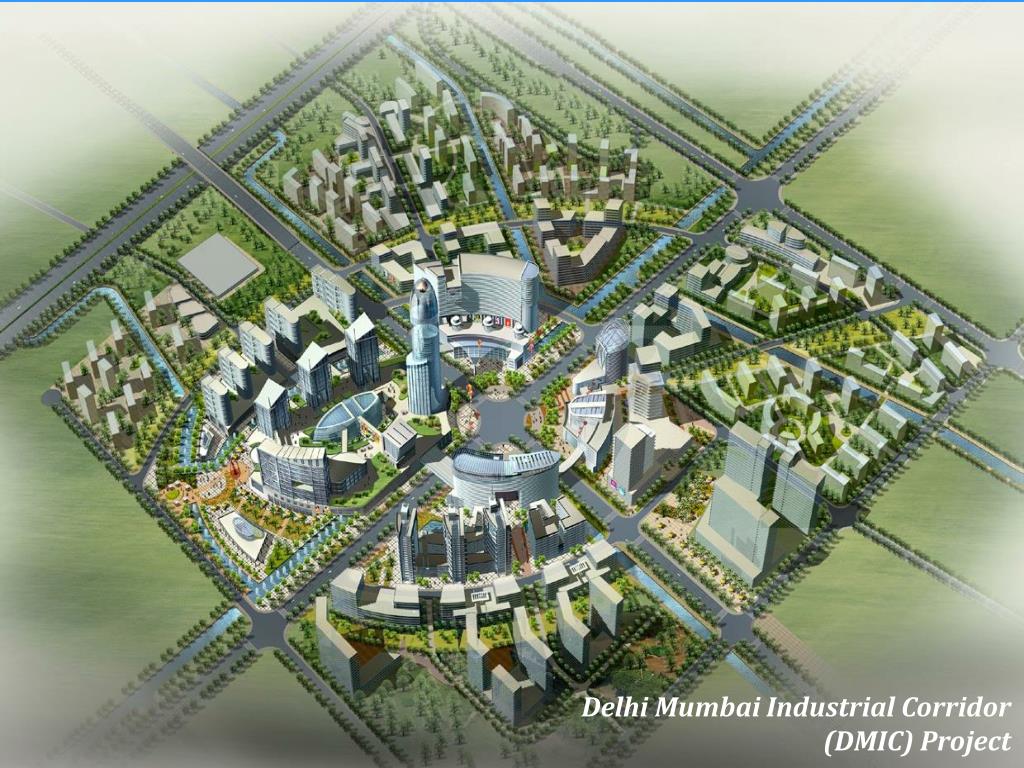The Delhi-Mumbai Industrial Corridor (DMIC) is a mega infrastructure project spearheaded by the Government of India. Stretching over 1,504 kilometers, it connects Delhi, the political capital, to Mumbai, the economic capital, and traverses through six states: Uttar Pradesh, Haryana, Rajasthan, Madhya Pradesh, Gujarat, and Maharashtra.
Today, India is on the path to becoming a superpower, and the entire world is looking at the nation with renewed hope. At the same time, India is fully committed to establishing itself as a global manufacturing hub. Until now, China has dominated global manufacturing.
However, after the COVID-19 pandemic in 2020, the world has been seeking alternatives to reduce its dependence on China. India has emerged as a highly suitable alternative on multiple fronts due to its unparalleled young and talented workforce, the largest in the world.
India has a stable and strong central government, providing a conducive environment for trade and industry along with ample land availability. However, the primary challenge lies in the need for robust road and rail networks, as well as proper infrastructure. Recognizing this, the Indian government is actively working with a comprehensive vision to address these gaps.
Currently, India is constructing highways at an impressive rate of 37 kilometers per day. Additionally, to attract world-class companies and establish manufacturing units, the government is developing industrial corridors across the country. These corridors aim to integrate industries with state-of-the-art infrastructure, ensuring holistic economic growth and enhancing India's position as a global manufacturing hub.
An industrial corridor focuses on developing infrastructure in specific geographical areas to promote industrial growth. Its primary objective is to integrate industries with modern infrastructure, creating a synergy that drives both economic and social development.
By facilitating industrial activities and enhancing connectivity, these corridors enable seamless movement of goods, efficient resource utilization, and the establishment of advanced industrial zones. This integration contributes to the region's overall progress, providing a foundation for long-term sustainable development.

Encourages the establishment of manufacturing units and industrial zones.
Opens up extensive employment opportunities.
Positively impacts real estate and urban growth.
Aims to set benchmarks for global economic integration.
Spread across 356 bighas on State Highway 8A, near Renwal, Jaipur.
27 km from Khatu Shyamji.
95 km from Salasar Balaji.
70 km from Jaipur.
7 km from Renwal Town
18 km from Mandiryo
40 km from Chomu
60 km from Sikar